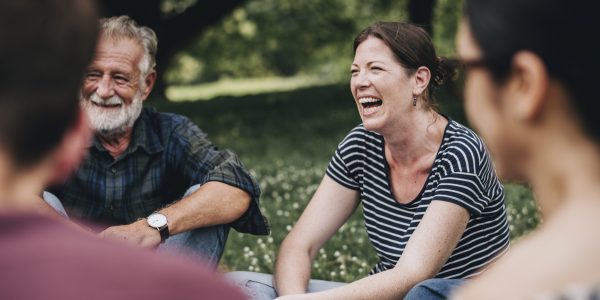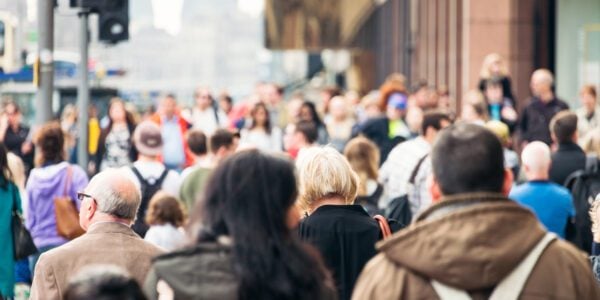
20/11/20
2 min read
Existing financial inequalities within society are widening as a result of the coronavirus pandemic, find UCL researchers as part of the COVID-19 Social Study.
Almost half (47%) of those who were finding things “very difficult” financially before lockdown are now reporting things are “much worse”, with a further 23% saying things are “worse”. This figure has increased significantly from July, when 57% of the same group reported being financially worse off than before the pandemic.
This contrasts with respondents who were financially ‘comfortable’ before the pandemic. Of this group 20% are now worse off, whilst a quarter (27%) are better off now than they were in the spring, compared to just 10% of those who were finding things “very difficult” financially before lockdown.
Regional differences
The worsening financial position has been most felt by people living in the North East of England, where there have been particularly strong restrictions. Almost two fifths (39%) of respondents living in the area say they’re worse off financially than they were before the pandemic.
Launched in the week before lockdown started, the ongoing UCL COVID-19 Social Study is funded by the Nuffield Foundation with additional support from Wellcome and UK Research and Innovation (UKRI). It is the UK’s largest study into how adults are feeling about the lockdown, government advice and overall wellbeing and mental health with over 70,000 participants who have been followed across the last 34 weeks.
Lead author, Dr Daisy Fancourt (UCL Epidemiology & Health Care) said:
“It’s clear that restrictions to halt the spread of COVID-19, while necessary, are having a damaging impact on people’s financial situations across the UK. What’s even more worrying is that this impact is not being felt evenly, and is widening existing social inequalities.
“Going forwards it is important that the government tackles this issue, ensuring that people are not financially penalised for following lockdown measures, that regions undergoing stricter lockdown measures receive the financial support they need to support those who are struggling financially, and that the divide is not allowed to increase further.”
The study also found that compliance with measures to reduce the spread of the virus has improved slightly in the past few weeks as cases of the virus have increased and stricter restrictions have been brought in. Levels of “complete” compliance are now around 47% (21% higher than they were at the end of August), while “majority” compliance (broadly following the rules but with some modifications) is at 94% (5% higher than at the end of August).
Cheryl Lloyd, Education Programme Head at the Nuffield Foundation said:
“This report shows that the financial impact of the COVID-19 crisis is not being felt equally across the UK. This threatens to further widen existing inequalities as the pandemic continues, especially in areas where the strictest COVID-19 restrictions have been in place the longest. As research from the Nuffield-funded IFS Deaton Review has suggested, it is important for government to work with local authorities to target the right support in the right areas at the right time.”
The study team is also running the COVID-MINDS Network: an international network of over 130 longitudinal mental health researchers from over 70 countries. Through the network, dozens of scientists and clinicians are coming together internationally to collate results from mental health studies running in countries around the world and compare findings. The initiative is supporting the launch new mental health studies in other countries and show whether actions taken in specific countries are helping to protect mental health.






















































